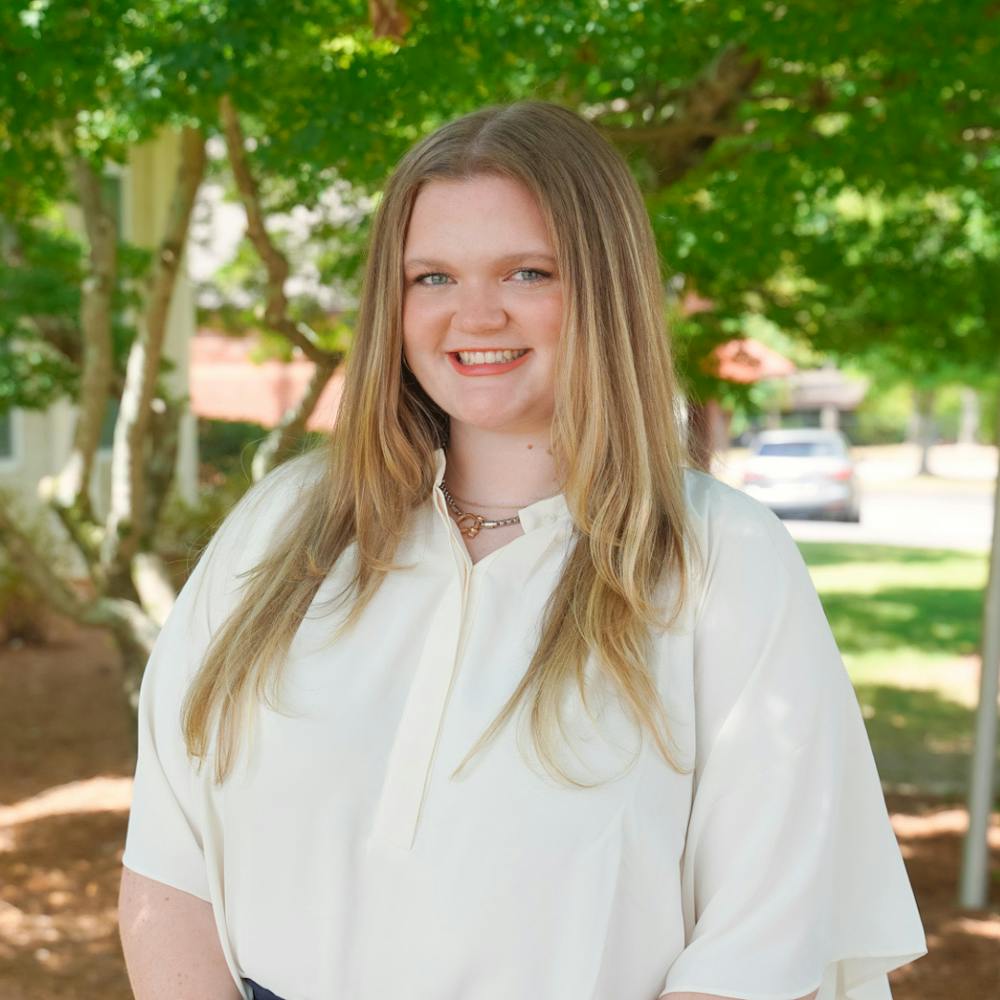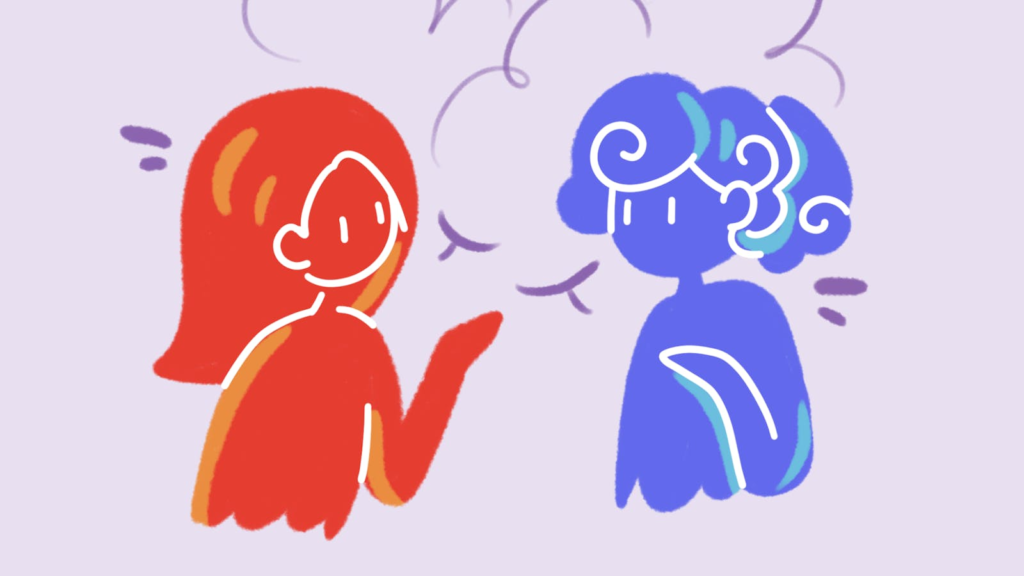I believe it is clear that Gen Z is defined by the political divide of the past decade. Our generation and the generations before us have sown a landscape that is dangerous to our nation and threatens the most important parts of humanity: empathy and human connection.
Emotions run high during election years, the walls erected to protect personal values from attack are strengthened, and the room for opposing views is minimized. Regardless of party affiliation, many voters in this election believe the stakes for the future of the country could not be higher.
Conflicts centered around political parties are nothing new, but the level of psychological weaponization of political allegiances this election season is unprecedented. The petty insults that presidential and vice presidential nominees hurl at each other have permeated the political conversation, creating an adversarial attitude. Political strategy appears to have shifted from emphasizing policy to persuading voters to demonize each other. This led people to become isolated from their daughters, sons, parents, and friends.
But our politicians cannot be solely responsible for our country’s political polarization. We allow their aggressive messages to be effective.
When we become fully integrated into our political parties and our personal relationships begin to divide, we become complicit in the spread of the disease that is dividing our country. The demonization of our established opponents is perpetuated by the dissemination of misinformation, unchecked confirmation bias, and an unwillingness to ask questions and really listen to the answers.
Our devotion to political parties is often uninformed and relies on ignorance. Political misinformation has been rampant and invasive for years, taking over social media. Misinformation is typically defined as false information spread without the intent to mislead. It exists because we don’t bother to investigate whether the information we see or share impacts our previously held beliefs about the world and how it works. Why do we do it when information that contradicts our beliefs causes us so much mental discomfort?
When our beliefs are challenged and we feel uncomfortable, we choose to become defensive rather than informed.
We prefer misinformation to truth and are surrounded by misinformation. I’m guilty of this every time I open social media. The posts I shared and engaged with created a personalized algorithm that acted as a protective bubble. Bubbles deflect everything I don’t want to hear. This has left me in a vulnerable position in political discussions (often with my family) more than I care to admit.
I think we have forgotten the value of peaceful disagreement. You don’t have to ignore your personal values in favor of truth. They can and should cooperate when discussing. This is how we form our opinions. We do ourselves a disservice when we react to counterarguments with anger without asking questions to learn more about the other person’s position. Asking questions will not harm the discussion if you know the truth and not misinformation.
We also need to understand that our current political divisions exist not simply because of differences of opinion, but because of the differences in reality in which we all find ourselves. Each of us builds a community based on history, culture, and values, centered around the reality in which we live. Like social media algorithms, these realities become our protective bubbles.
Is this incomprehensible? Wouldn’t everyone do the same? Wouldn’t you like to be surrounded by people who embrace what you bring to the table instead of throwing it in the trash because it doesn’t matter to you?
My argument is not against shared reality per se, but when it veers in the direction of political tribalism. In fact, we don’t even talk to each other anymore. Not if we know which side of the political spectrum they belong to. Why do we do that when we have a clear picture in our mind of who that person is?
The shared reality we have built and the misinformation we cling to for a sense of security and confidence can tear us from the truth.
Indeed, we are all human. Indeed, we fundamentally desire understanding, connection, and respect. Rather than focusing on our personal shared reality, we must focus on our shared humanity. Most of us want a safe and stable country. We want to be treated fairly, have equal access to opportunity, and see our loved ones thrive.
So where do we go from here? We believe we start by making small but powerful changes in the way we approach political debate. Rather than treating each conversation as a competition, we should view it as an opportunity for mutual growth. We need to ask questions that encourage understanding rather than confirming our own biases. We need to practice the humility to accept when we don’t know something, the curiosity to want to know more, and expect the same from others.
Our generation is not that far away. We have the time and the ability to bridge existing political divides before they widen beyond repair. It requires a determination to be careful about the information we consume and a willingness to take responsibility for our words and the impact they have on our communities.
So, dear reader, when you are faced with the next political controversy, which I am sure will happen soon, please open your eyes to the person in front of you. We aim to create a new common reality, one that is not divided by political parties but bound by love for each other and for our country.
Are you enjoying what you’re reading? Get content from The Auburn Plainsman delivered to your inbox
Do you like this story? Plainsman does not receive tuition or student fees. We also don’t charge subscription fees. However, you can still donate to support The Plainsman.
Emily May | Operations Editor

Emily May is a senior majoring in public relations and minoring in creative writing and has been with the Auburn Plainsmen since August 2021. Previously, she served as social media manager and currently serves as managing editor.
“COLUMN | Share and Discuss” Navigating conversations with people of different political beliefs on social media.”



